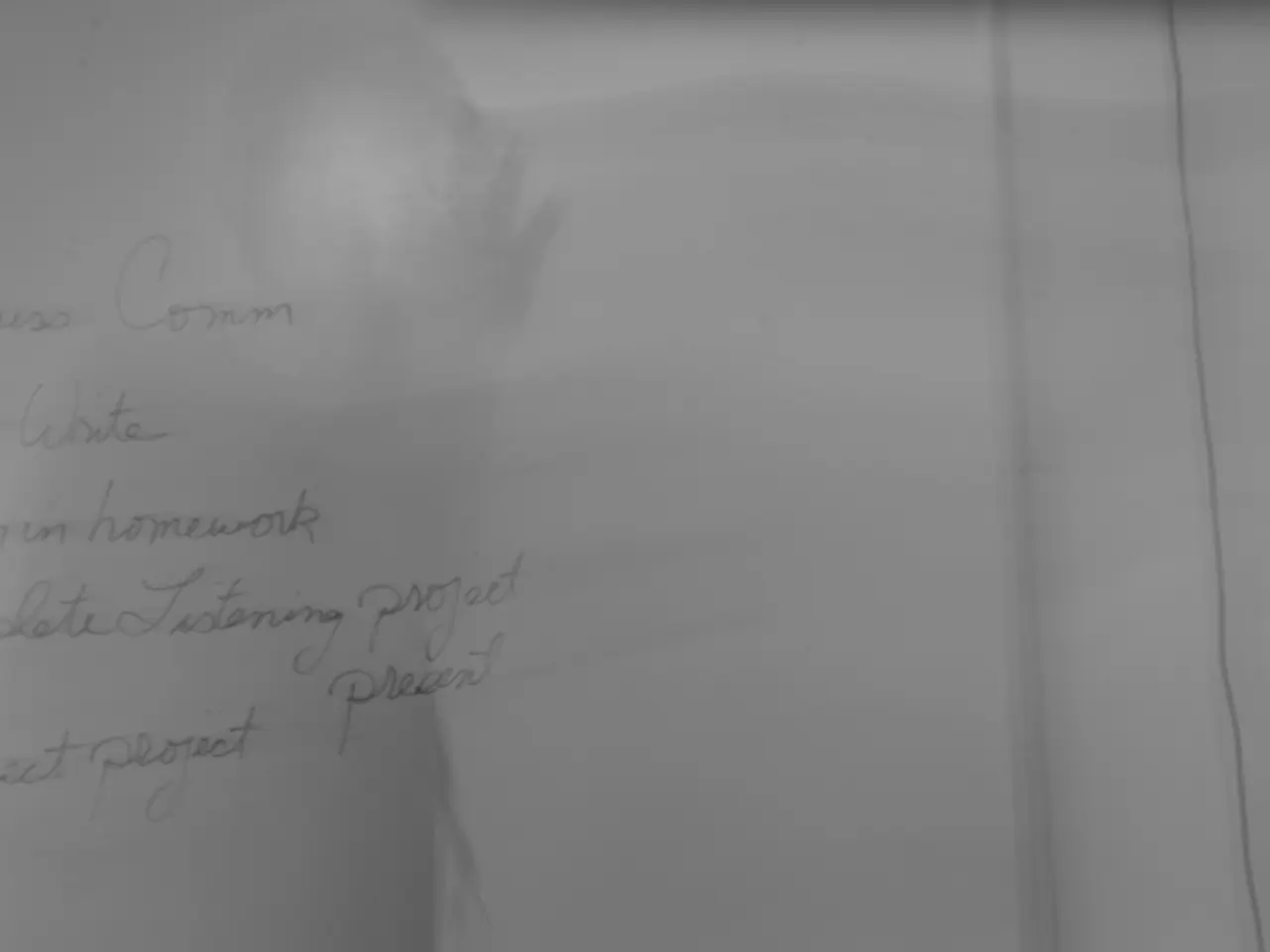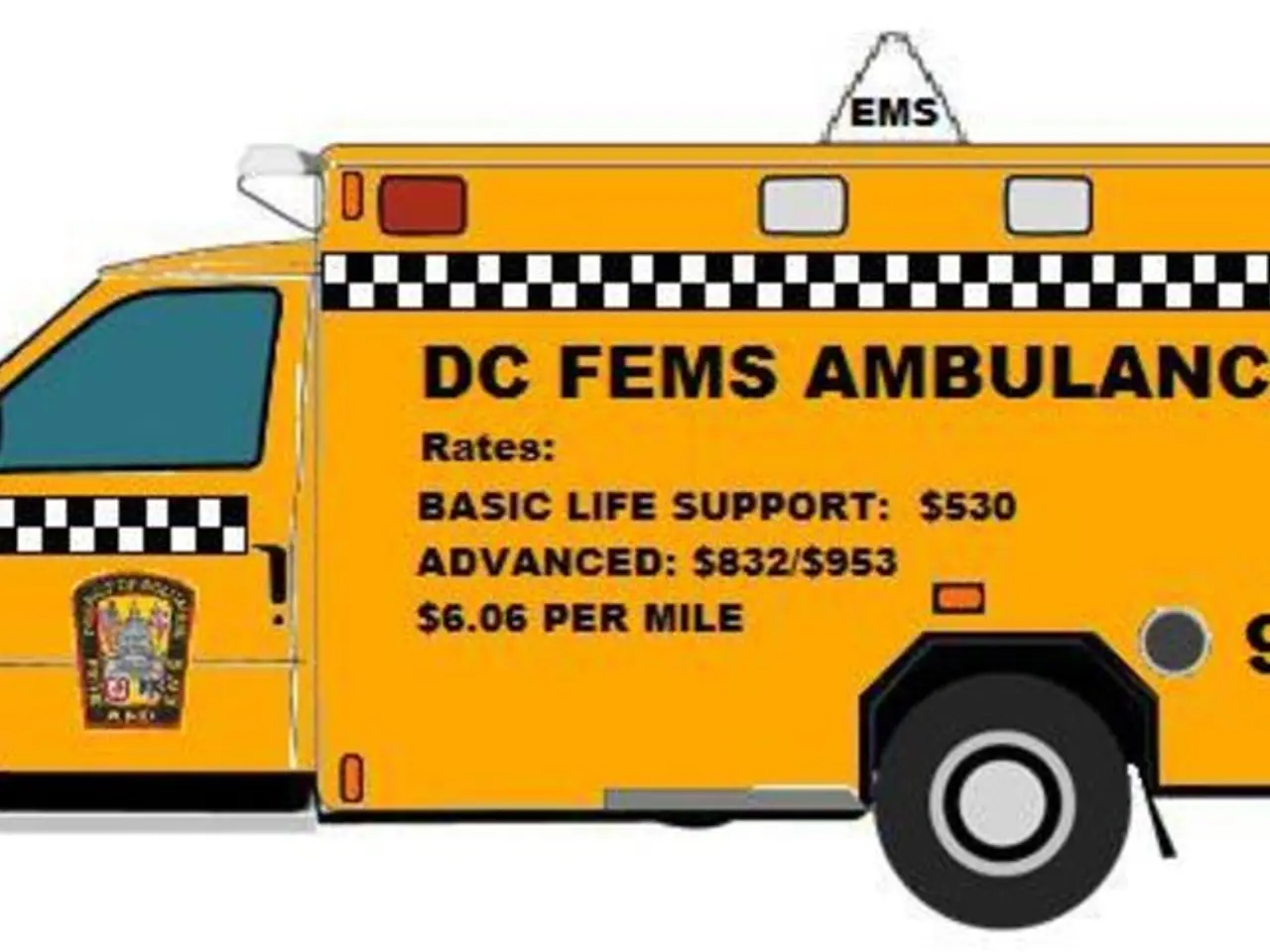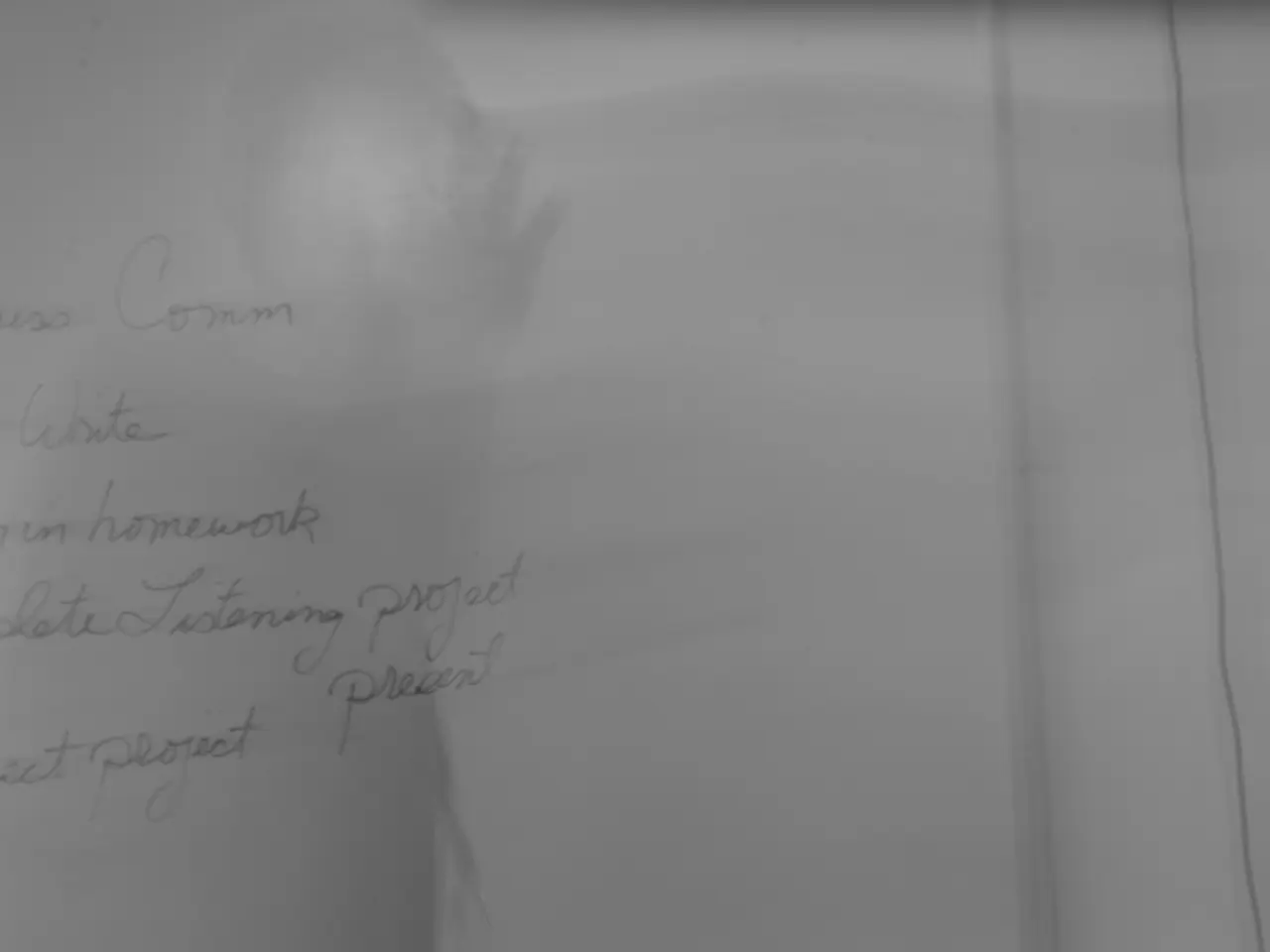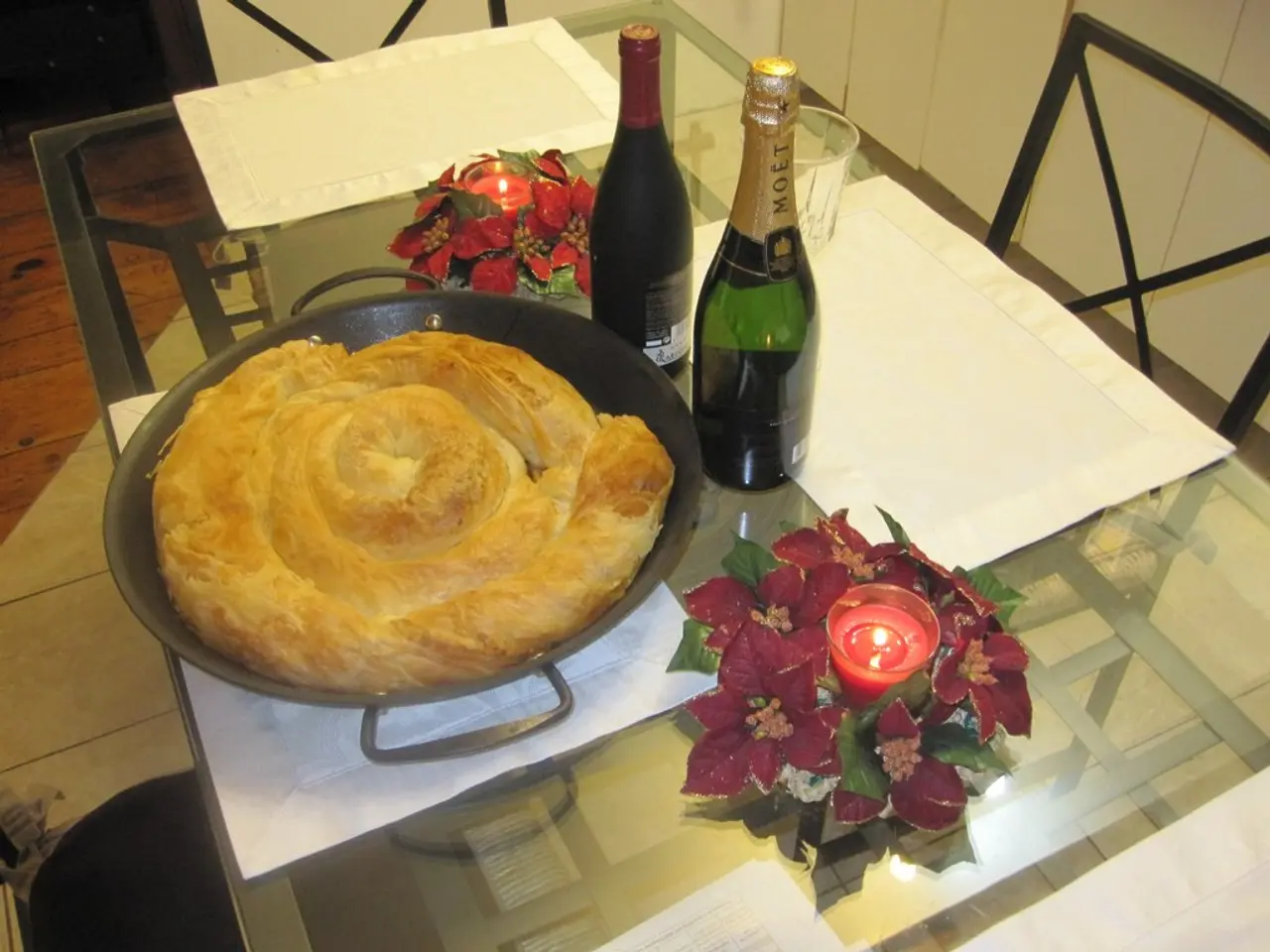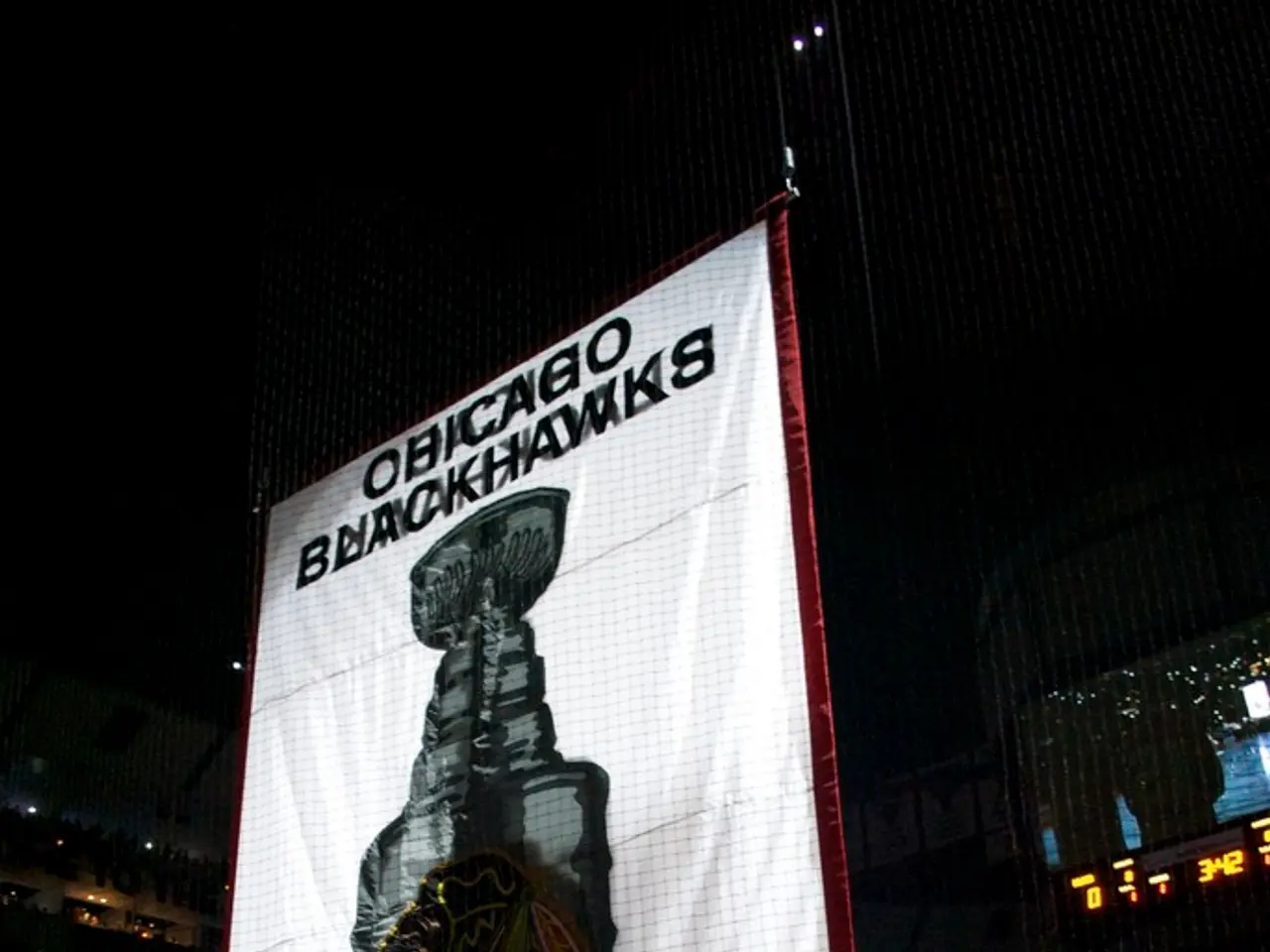Trump's Imposed Brazil Tariffs Categorized as "Grossly Unlawful" by Award-Winning Economist, Referring to Nobel Prize Win
In a move that could shake up international trade, U.S. President Donald Trump announced a 50% tariff on Brazilian goods, citing trade issues and political disagreements as the rationale. This decision, however, has faced criticism from Nobel Prize-winning economist Paul Krugman, who deemed it as "grotesquely illegal."
The justification for these tariffs rests on the International Emergency Economic Powers Act (IEEPA) of 1977, with Trump declaring Brazil's prosecution of former President Jair Bolsonaro and actions against U.S. companies as threats to U.S. national security, foreign policy, and economy. However, legal experts argue that this justification is on "thinner legal ground," as the IEEPA standards require an "unusual and extraordinary" threat, and Brazil's legal proceedings do not clearly meet this threshold.
The situation is further complicated by the fact that the U.S. had a substantial trade surplus with Brazil, weakening the economic claim, and the tariffs may already be facing legal challenges, with at least one lawsuit filed against them. The courts are set to weigh in on the broader tariff powers of the President, though the Brazil tariffs specifically may not be directly addressed in the case.
Krugman, in his analysis, suggests that Trump's tariff strategy is not based on the TACO theory (Trump Always Chickens Out), as Trump is proposing tariffs that are higher than before and the tone of his letters does not indicate a willingness to back down. He also argues that Trump's tariffs are an abuse of power, as they are imposed under the grounds of an economic emergency, but Trump himself has stated that there is no economic emergency.
The tariffs, if implemented, would be an import tax paid by American importers, which can be passed on to consumers, resulting in higher taxes and prices for consumers. Krugman asserts that if the U.S. had a functioning court system, Trump would be stopped from imposing these tariffs.
Trump's letter to Brazil explicitly links tariffs to Brazil's legal and political actions, which may be regarded as an improper use of trade policy to influence another country's judiciary or sovereign legal matters. This rationale has already led to at least one lawsuit challenging the tariffs.
In addition to the tariffs on Brazil, Trump also threatened new tariffs on Mexico and the European Union, starting Aug. 1. The digital story was written by Destinee Adams and edited by Obed Manuel, while the radio version was produced by Linsday Totty.
Key Points:
- Trump announced a 50% tariff on Brazilian goods, citing trade issues and political disagreements.
- The tariffs are justified under the IEEPA, but legal experts argue that this justification is on "thinner legal ground."
- The U.S. had a substantial trade surplus with Brazil, weakening the economic claim.
- At least one lawsuit has been filed against the tariffs, and the courts are set to weigh in on the broader tariff powers of the President.
- Krugman suggests that Trump's tariff strategy is not based on the TACO theory.
- Krugman argues that Trump's tariffs are an abuse of power, as they are imposed under the grounds of an economic emergency, but Trump himself has stated that there is no economic emergency.
- The tariffs would be an import tax paid by American importers, which can be passed on to consumers, resulting in higher taxes and prices for consumers.
- If the U.S. had a functioning court system, Trump would be stopped from imposing these tariffs.
- Trump also threatened new tariffs on Mexico and the European Union, starting Aug. 1.
- The tariffs, if implemented, would be an import tax paid by American importers, potentially leading to higher taxes and prices for consumers, as suggested by Nobel Prize-winning economist Paul Krugman.
- Krugman asserts that Trump's tariffs are an abuse of power, as they are imposed under the grounds of an economic emergency, despite Trump himself stating that there is no economic emergency.
- In a general-news development, at least one lawsuit has been filed challenging the tariffs imposed on Brazilian goods, with the courts set to weigh in on the broader tariff powers of the President.
- Legal experts argue that the justification for the tariffs, under the International Emergency Economic Powers Act (IEEPA), is on "thinner legal ground," as the IEEPA standards require an "unusual and extraordinary" threat, and Brazil's actions do not clearly meet this threshold.
